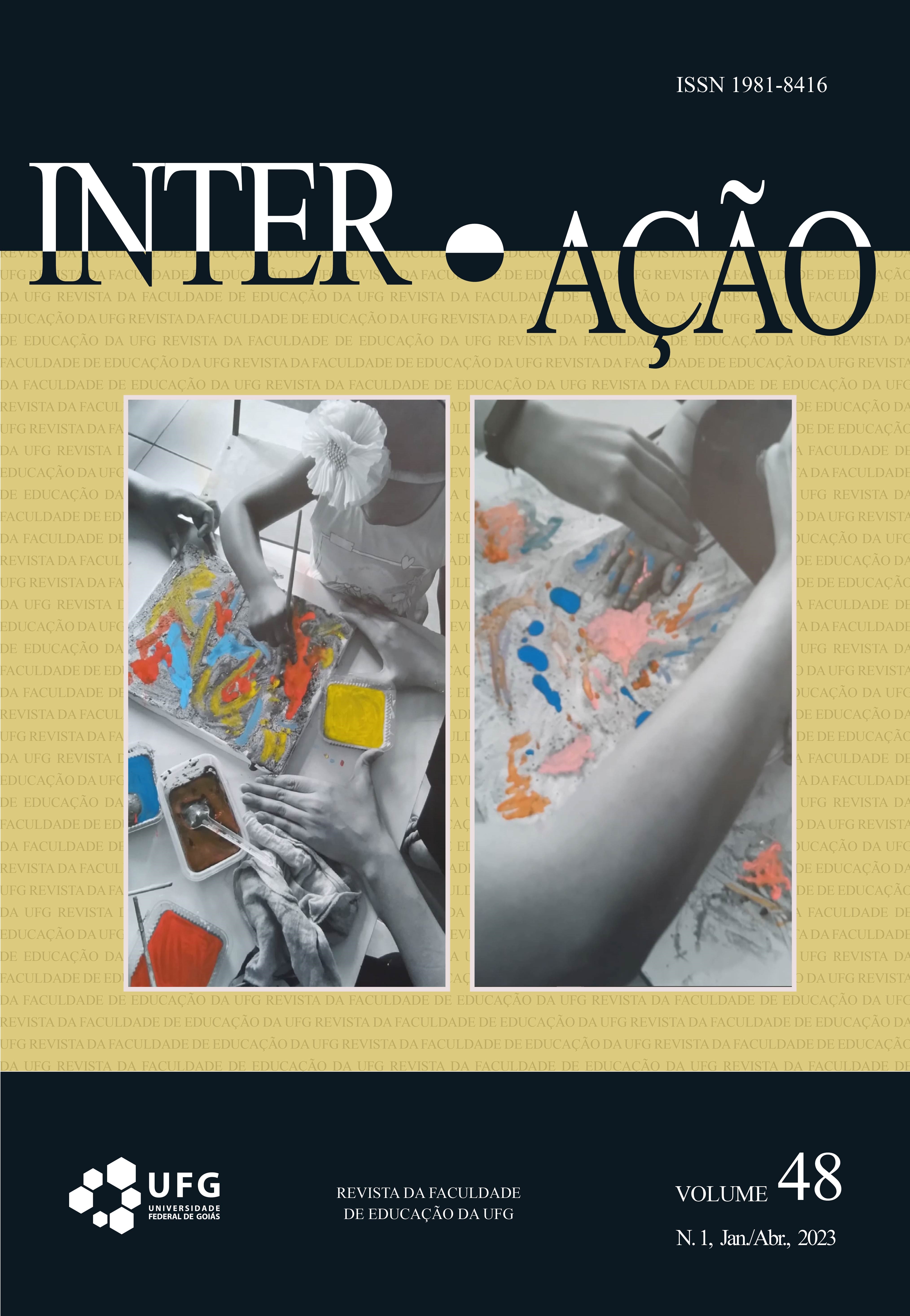REPRESENTATIONS OF THE APPLICATION COLLEGE FROM THE UNIVERSITY OF SÃO PAULO (1957-1969)
DOI:
https://doi.org/10.5216/ia.v48i1.72062Abstract
The College of Application of the University of São Paulo was conceived to be a space for training its undergraduate students, as well as for carrying out pedagogical experimentation. In its twelve years of existence, this school was marked by innovative practices and political disputes, which led to its extinction. This work seeks to understand, from the perspective of pedagogical renewal, three differente representations of the College de Application of the USP made by two book chapters and an article. To do so, it uses the concept of representation formulated by Roger Chartier as the presentification and construction of the absent. The representations of USP`s College of Application are distinguished by the historical view of the authors, as well as by the period in which they were elaborated.
KEYWORDS: Representation; Pedagogical Renovation; Application College; University of São Paulo.
Downloads
Published
How to Cite
Issue
Section
License
Copyright (c) 2023 Ana Carolina Ebling Sigismondi Bauer, Norberto Dallabrida

This work is licensed under a Creative Commons Attribution-NonCommercial 4.0 International License.
Inter-Ação uses the Creative Commons Attribution 4.0 License for Open Access Journals (Open Archives Initiative - OAI) as the basis for the transfer of rights. Open access means making documents available on the Internet free of charge, so that users can read, download, copy, distribute, print, search, or link to the full text of documents, process them for indexing, use them as input data for software programs, or use them for any other lawful purpose, without financial, legal, or technical barriers.
Authors publishing in this journal agree to the following conditions:
1) Authors retain copyright and grant the journal the right of first publication, with the work simultaneously licensed under the Creative Commons Attribution License, which permits redistribution of the work with attribution and first publication in this journal.
2) Authors are permitted to enter into additional, separate agreements for non-exclusive distribution of the version of the work published in this journal (e.g., for publication in an institutional repository or as a book chapter), with attribution and first publication in this journal.
3) Authors are permitted and encouraged to publish and distribute their work online (e.g. in institutional repositories or on their home page) at any time before or during the editorial process, as this may generate productive changes as well as increase the impact and citation of the published work.















